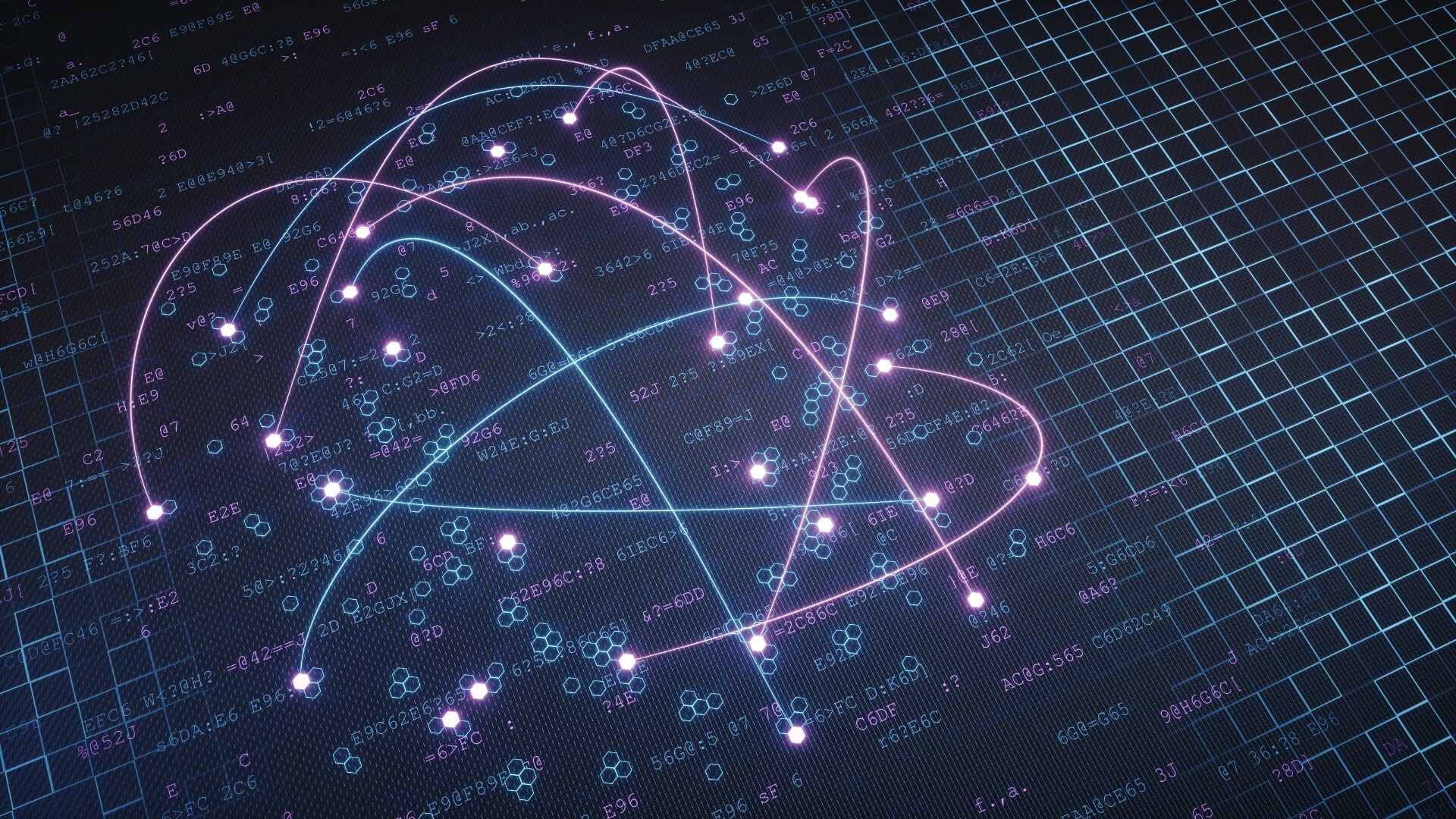
We live in a time of significant global challenges. The term polycrisis has emerged as we face wide-reaching and impactful issues such as the climate, war and conflict, and health. To address these challenges, we will need political will, global collaboration, inter- multi- and transdisciplinary approaches, systems thinking and scientific breakthroughs at scale. Science and scientists have an important role to play as societies tackle these challenges and lay foundations for actions that will direct the course of the future. It is possible to argue that science that engages effectively with society will depend on the sharing, uptake and accessibility of scientific knowledge and insight, but also on the way that science is designed and co-designed in ways that reflect excellence and the aspirations and expectations of societies.
Therefore, recognition of the public value of science and public trust in science, and the insight and knowledge it produces, will be key. At the same time, it is important to be mindful that what makes science trustworthy is not just the integrity of the scientific method and honesty in the treatment of data and analyses of fellow scientists. We cannot separate science from the scientists, and we cannot consider global challenges without considering global communities. Consequently, in the first collection of contributions to this series there is a focus on two foundational themes that underpin how science serves society and addresses societal challenges; trust in science, and sense-making in science.
This collection offers insight from different disciplines, global regions and across generations. The most profound theme that underpins many of the perspectives presented here is the importance of dialogue. We are commending the series with a collection of initial contributions, and the intention is to continue this dialogue going forward. Dialogue is only possible when there are opportunities for open-ended, ongoing, respectful and reciprocal interactions. In this context there is a role for scientists who go beyond knowledge generation and become knowledge synthesisers, translators and even brokers, as they engage with stakeholders other than scientists. Allied themes include the importance of science and society engaging effectively with one another, and the opportunities that exist from flipping the science model to mobilise science in the service of human wellbeing and planetary health. Crosscutting topics include the influence of dominating technologies in the current information space, and a sense of urgency that oscillates between catastrophism and optimism, but which has not yet resulted into organized actions at multiple scales towards the needed transformations.
Looking forward, it is our hope that this series of commentaries offers a platform for diverse voices to engage in meaningful dialogue. We hope that it creates opportunities to reflect, consider, and discuss. We hope that in exploring the synergies and tensions that lie in these different perspectives it is possible to question and imagine. Ultimately, we hope that these conversations contribute towards bridging gaps between scientific knowledge and societal needs, and pave the way to actions underpinned by science that serves as a cornerstone for effective decision-making in the 21st century.
Copyright: This is an open-access article originally published by the Frontiers Policy Labs and distributed under the terms of the Creative Commons Attribution License (CC BY).
Image: via Canva Pro